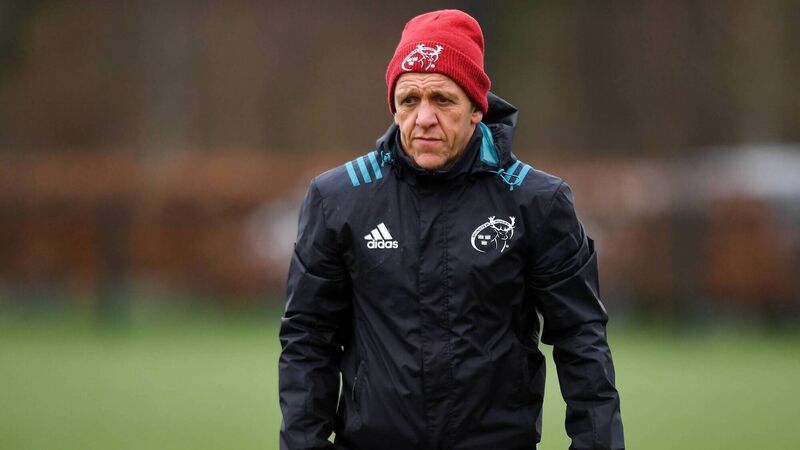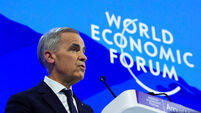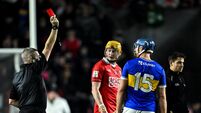Irish Examiner view: Deaths remind us of our own mortality

there was a horrifying account this week of the death of Munster rugby coach Greig Oliver. Picture: Piaras Ó Mídheach/Sportsfile
In Baltimore, Maryland, a 1,000ft-long container ship lost power and drifted into the Francis Scott Key Bridge, collapsing it like it was matchwood.
















